Every year, March signifies International Women’s month. That means one thing for most companies; an inward reflection and celebration of the women working for them. This year, it is no different for us at NAC. We pride ourselves in being an equal opportunity brand and actively encourage women to be a part of the company.
So, we thought we would interview one of the ladies on our team and find out from her what it is like to work in the industry. We sat down with Jean-Mari Fourie a passionate and personable woman who not only works in aviation but proudly holds the job title; Training Aircraft Engineer. We found out what her job consists of, what it is like working in the industry and how other ladies can also take a step into the field.
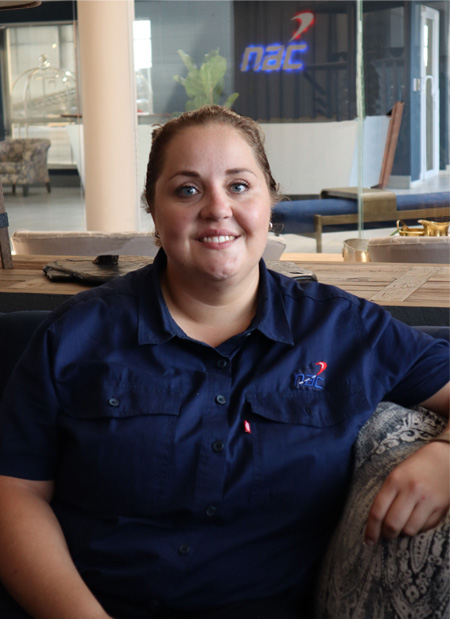 Female Aircraft Engineers are a Rare Breed
Female Aircraft Engineers are a Rare Breed
In general, the aviation industry is a male-dominated field. Over the years, the numbers of women in various job titles in the industry are significantly lower than men. Although they have started increasing, it is increasing at a slow, steady pace. Naturally, one of the biggest divisions, where women do hold a presence, is in the flight attendant space with 79% of women holding the title. But in positions like pilots, engineers and repairs, the percentages still dwindle in single figures.
Mechanics and engineers fall in the lowest percentages of female representation. Out of around 300,000 aircraft mechanics in the world, only around 7000 of those are women, making that 2.6%. Out of over 30,000 flight engineers, 1,300 are women. Which indicates that there is a significant opportunity for women to enter the space.
Aircraft Engineers: A Specialised and Highly Intensive Role
One of those engineers, however, holds a position at NAC, and eagerly shares her passion for her job. As a training aircraft engineer, Jean-Mari is responsible for the refurbishment, maintenance and inspection of fixed-wing aircraft at NAC. Apart from there being another woman in the parts division, she is the only lady working shoulder-to-shoulder on the aircraft with her male counterparts.
An aircraft engineer is responsible for the upkeep of the aircraft. Responsibilities revolve around the design, development, testing, and maintenance of aircraft. Their duties include working on flight systems, mechanical elements within the plane, airspace navigation systems, wing or body materials, and/or other aspects of the aircraft. While Jean-Mari herself, does not work on the avionics part of the aircraft, she does intensive manual work on the body and interior of the planes.
Jean-Mari Holds Her Own in the Hangar
Jean-Mari's love for aviation has spanned throughout her life. Prior to becoming an aircraft engineer, she was a commercial aircraft pilot for two years, and from there, she shifted her passion from the sky to the ground. After completing a drafting course, she moved to a position in the NAC hangar, where she works side-by-side with male engineers on the aircraft.
“It can be back-breaking work”, she says. “You will need to expect long hours, a hot, uncomfortable environment and a lot of dirty, heavy lifting.”
Being an aircraft mechanic is oily, dusty and dirty work. It also requires intensive body strength to be able to work on the aircraft.
“You will, as a woman, need to hold your own like the men in the hangar. You are not treated differently, and in fact, you almost have more pressure on you to perform. You have to prove yourself more than the men to show that you actually belong there, especially when it comes to the hard, heavy work. If a man picks up and handles a heavy propeller, or rips out and changes seats, you as a woman are expected to do the same thing.”
The Future of Women in Aircraft Maintenance
Jean-Mari believes the future for women in the field is very bright. She has an “if I can do it, so can you” outlook and believes that more women would actually benefit the field.
“Women are usually more meticulous and detail-oriented than men. While men are usually stronger and more burly, women tend to pay more attention to the smaller details when working on aircraft, and this is usually a great thing for maintenance and those pre-flight checks” she says.
To be an aircraft engineer, however, you do need to be prepared to work hard!
“Not only will you need to prove yourself constantly, but you also need to know that you will be working long hours, you will never come out of the hangar without new stains on your clothing and you will have bruises and scrapes everywhere. To say it is hard work is an understatement. But, it is totally worth it.”
There is no room for error in the position.
“People’s lives count on you, so you need to ensure that you are detail-oriented and willing to take instructions easily,” she says.
The industry is in a prime position to welcome more women into aviation. It has, over the years, evolved significantly, and the usual stigmas that come with positions like mechanics and engineers have slowly started to disintegrate. We at NAC, encourage women to find out more about a career in aviation and promote an inclusive working environment at the premises.

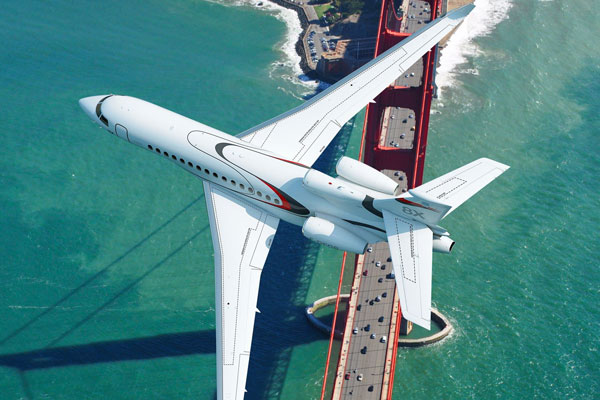
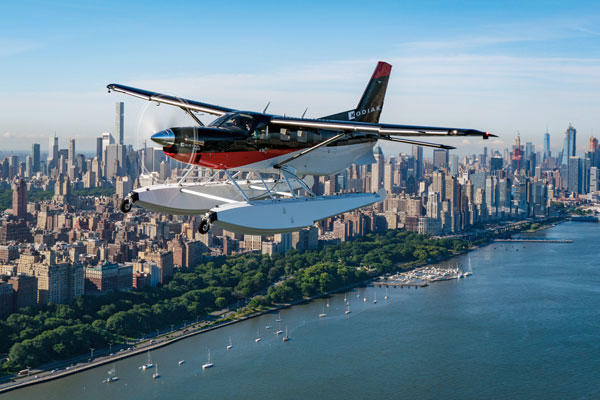
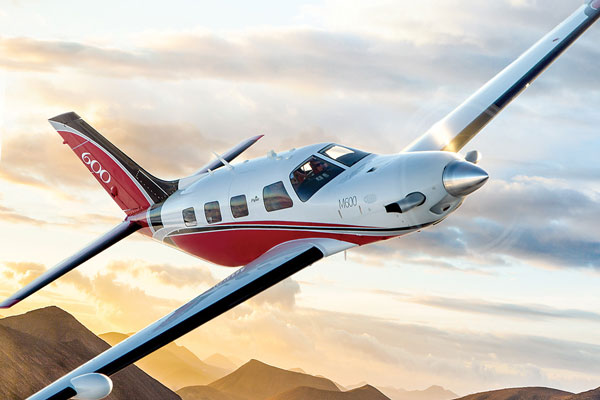
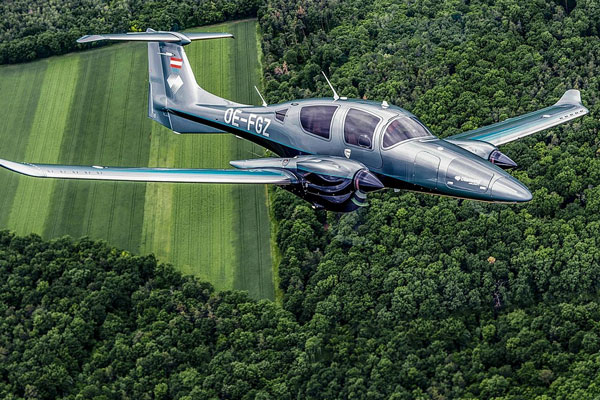

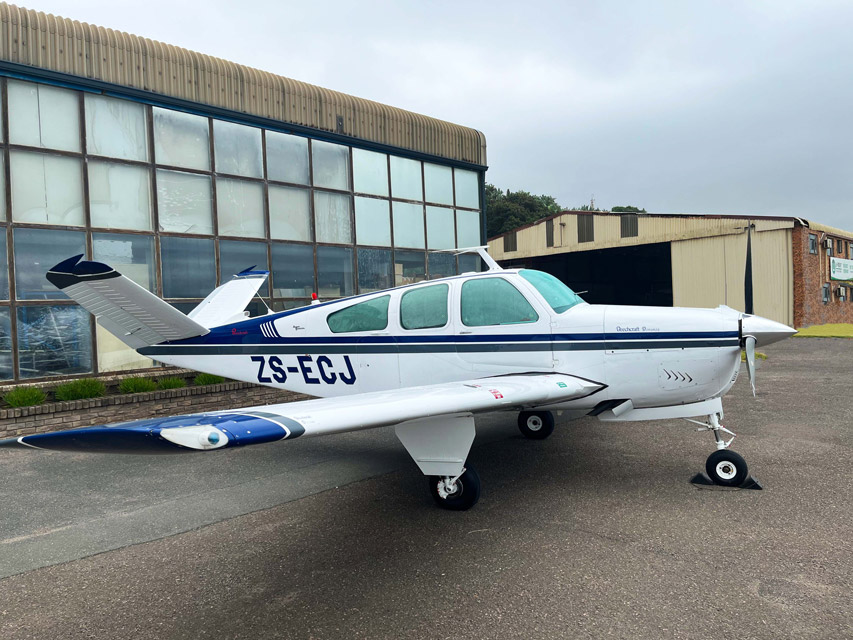


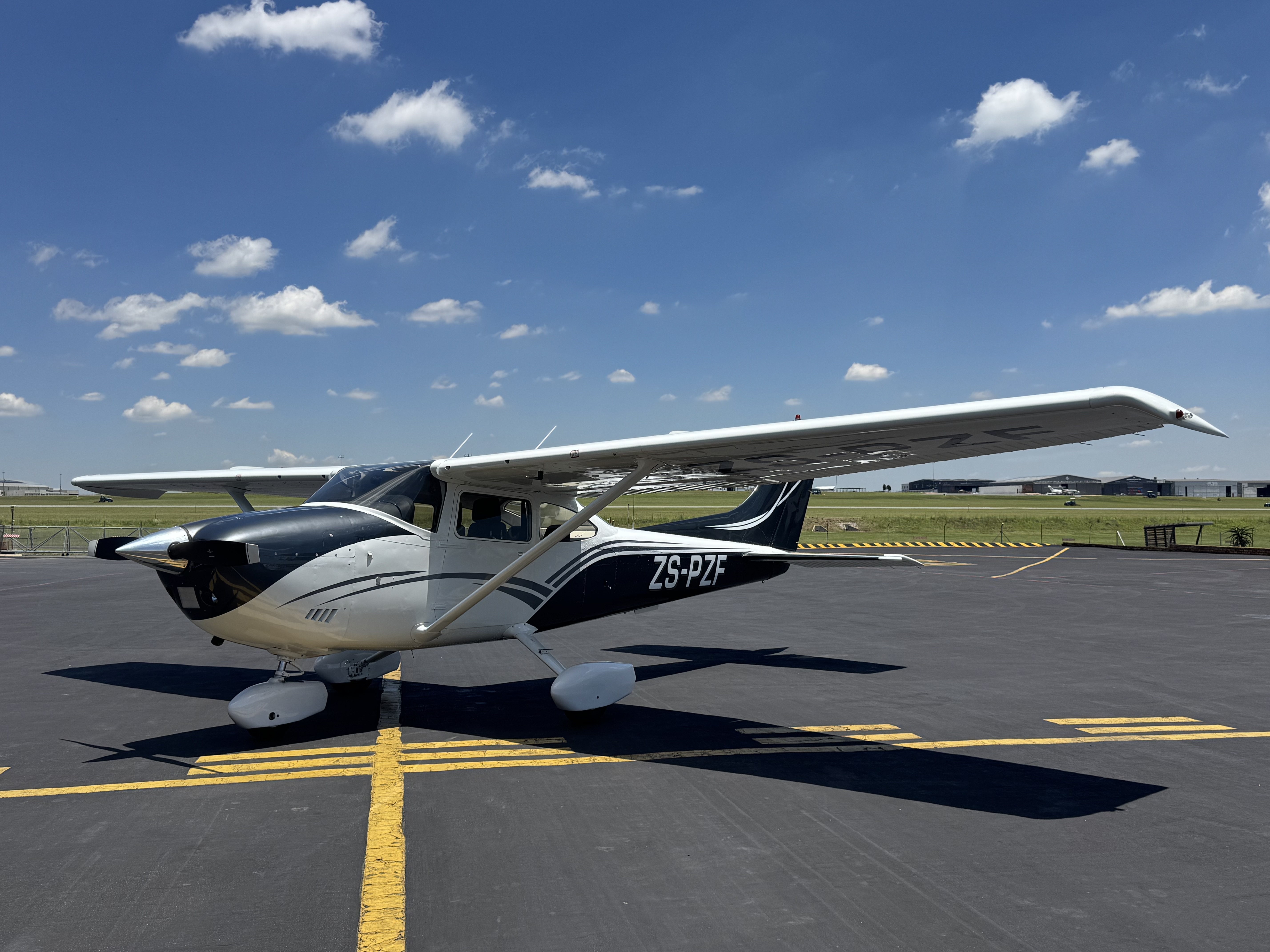
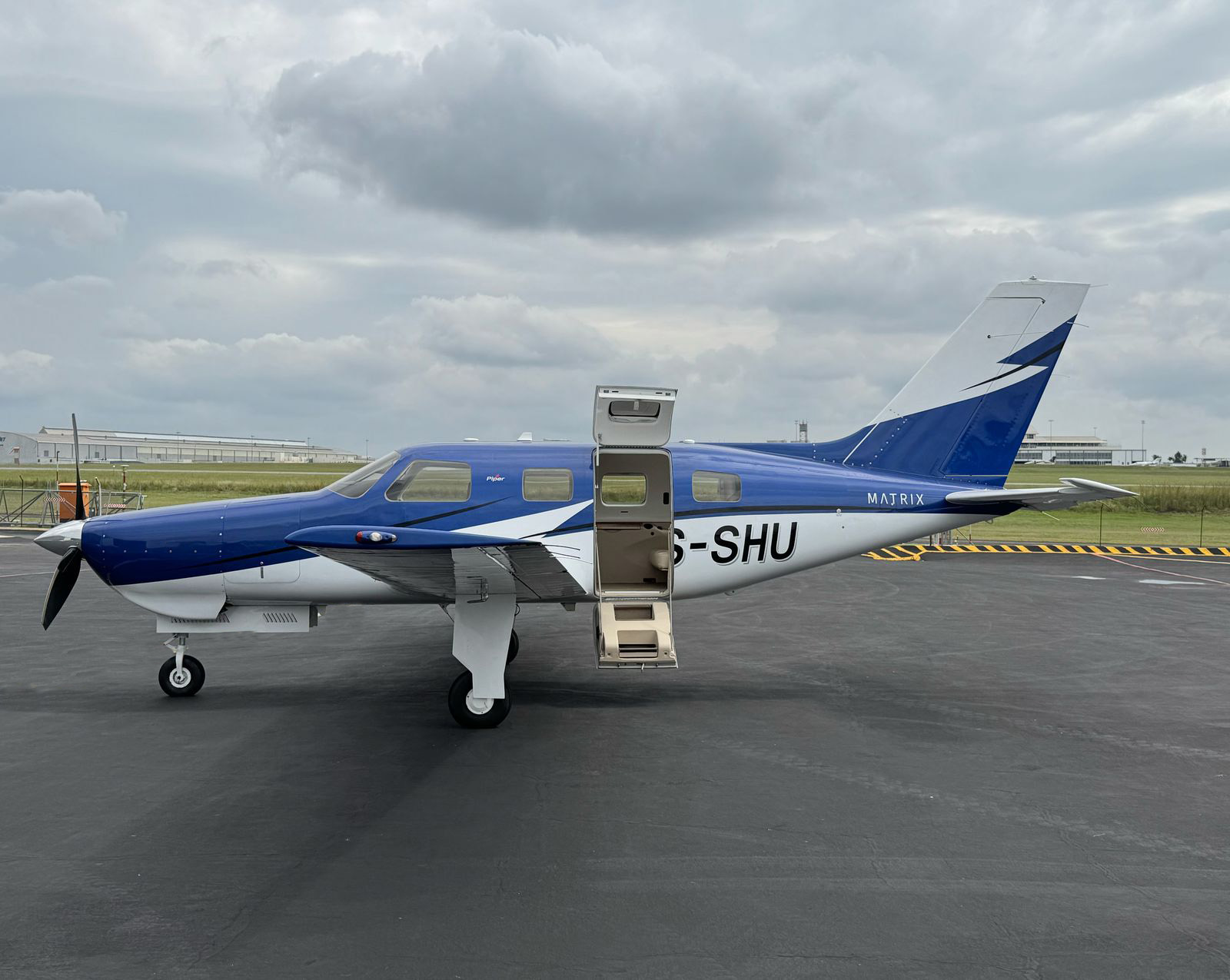
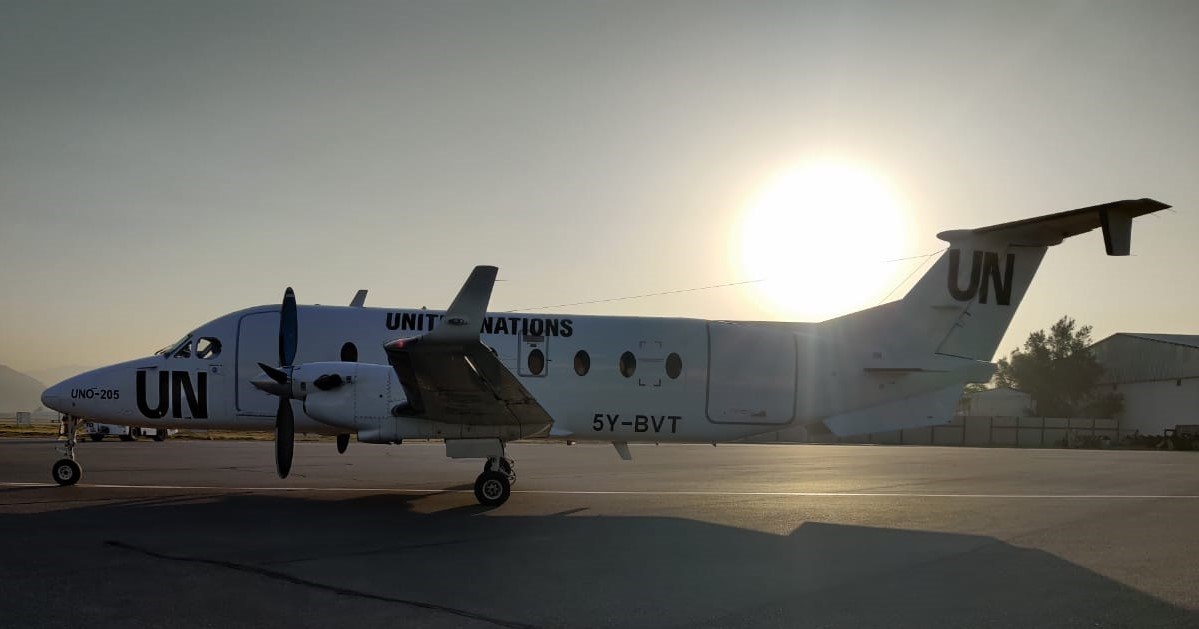
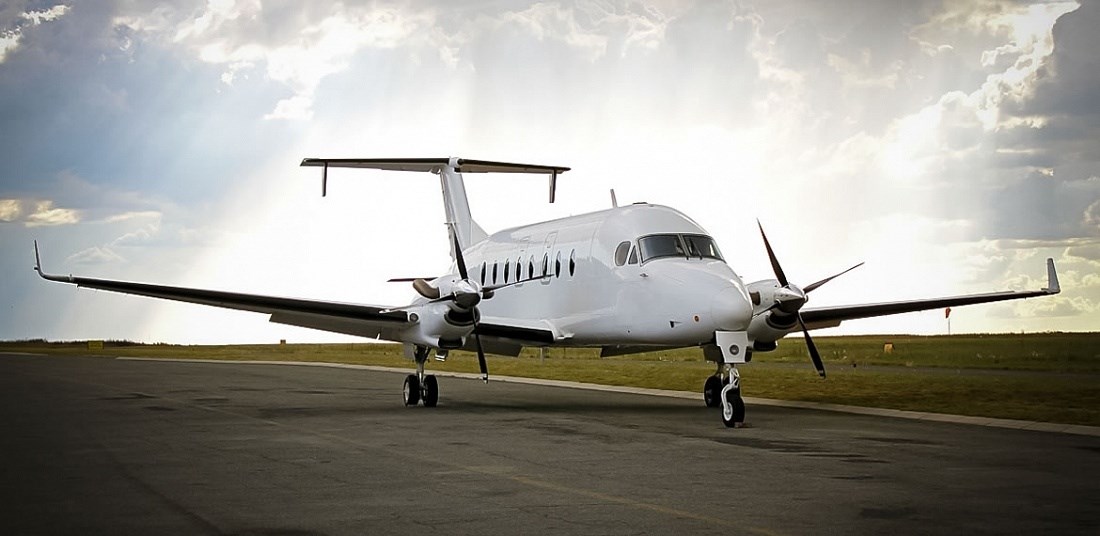
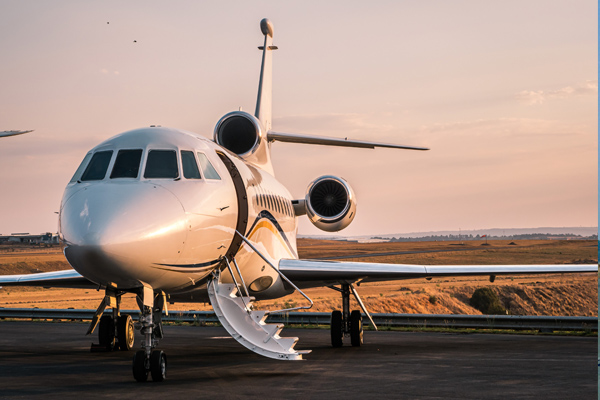
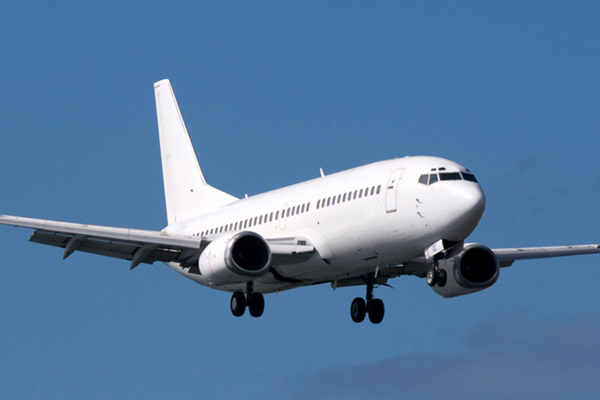

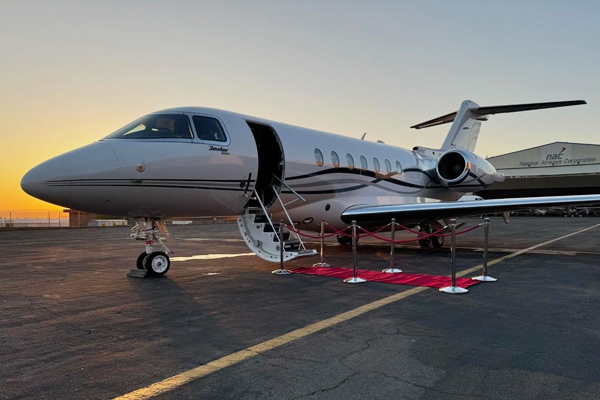
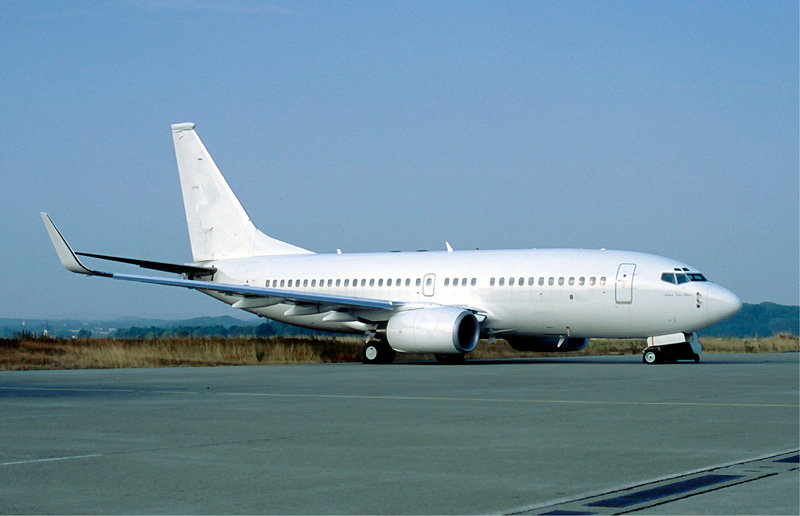
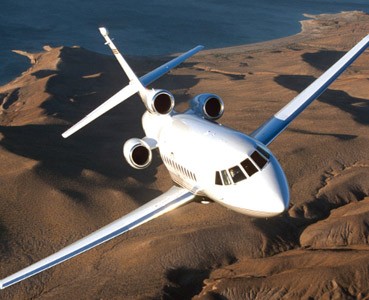
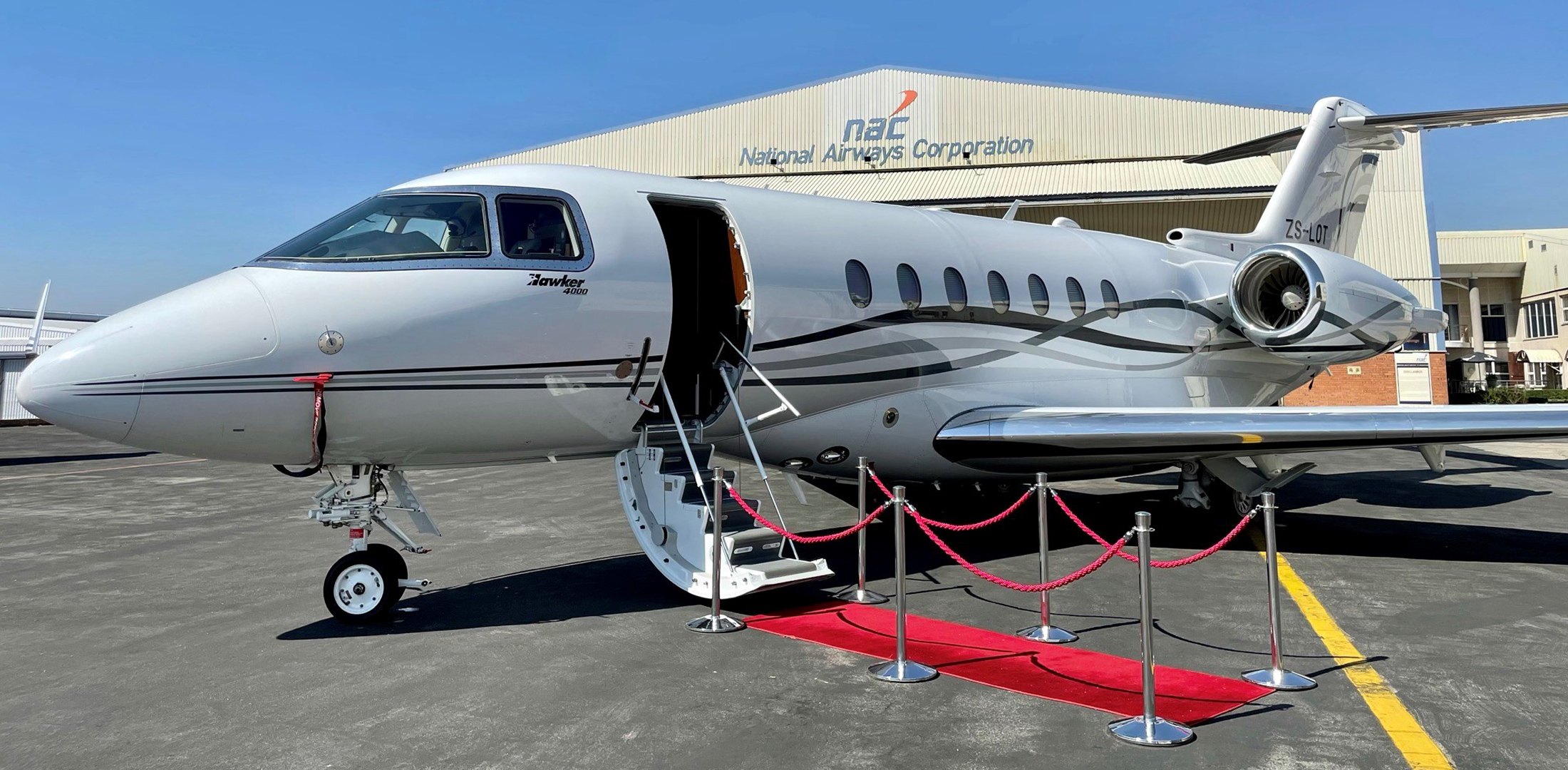
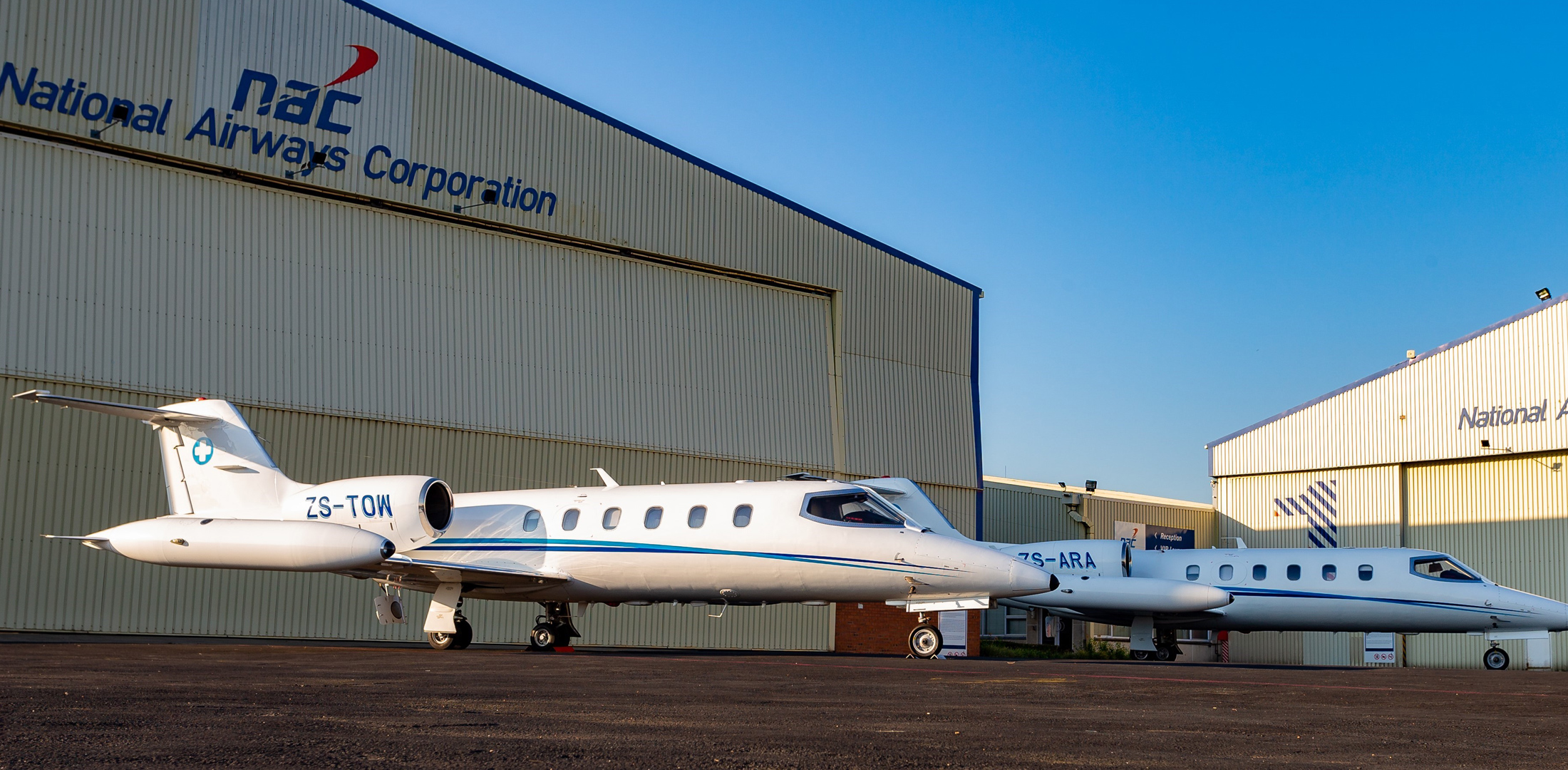
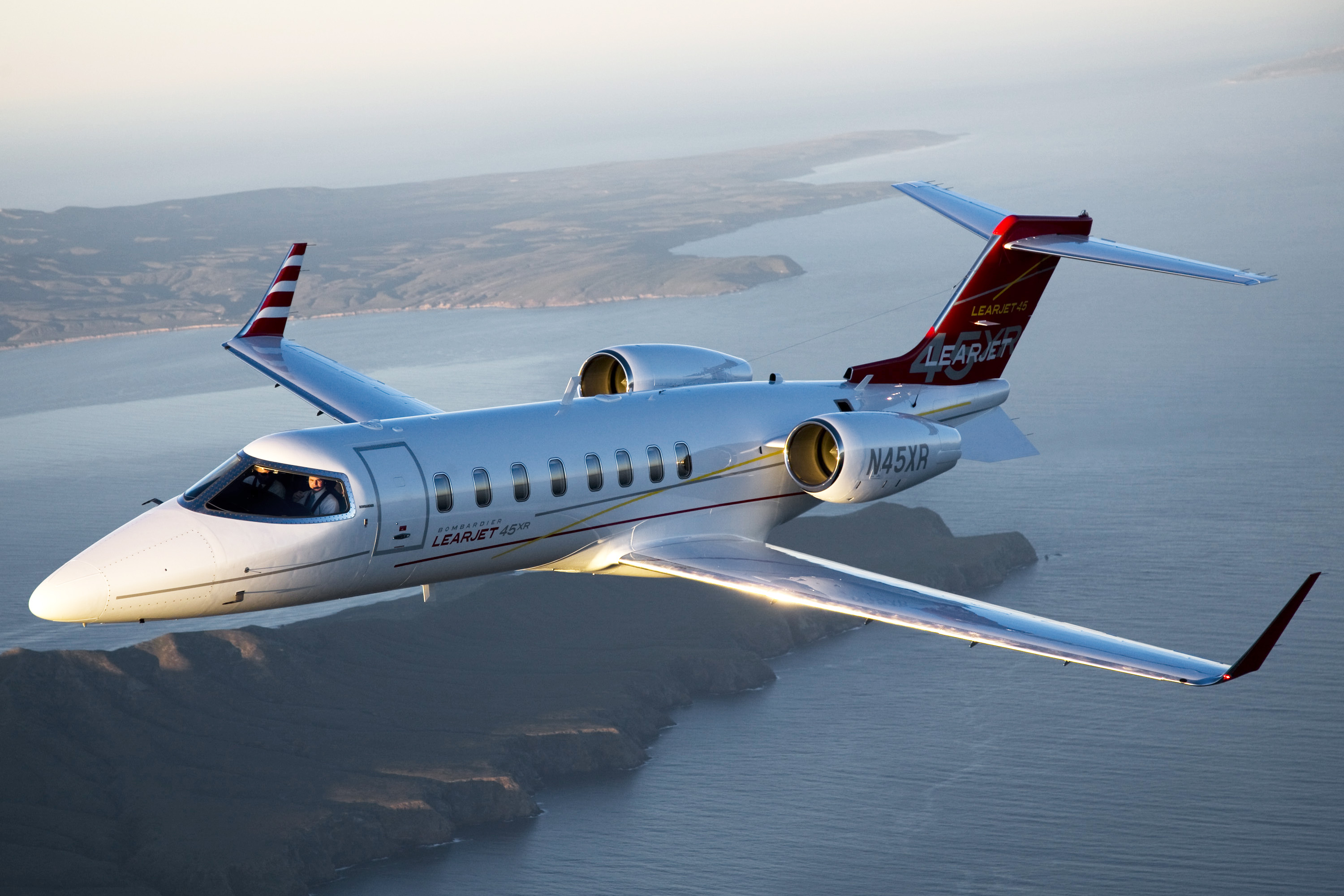
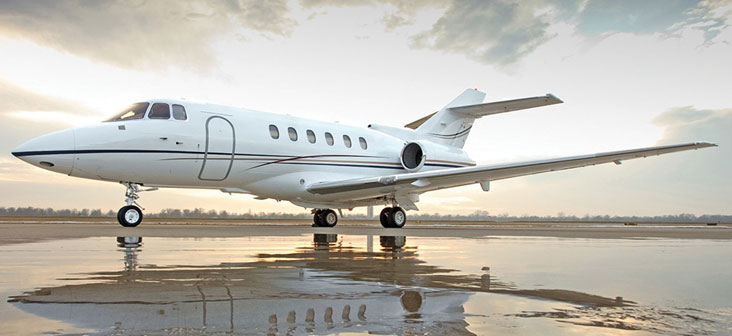
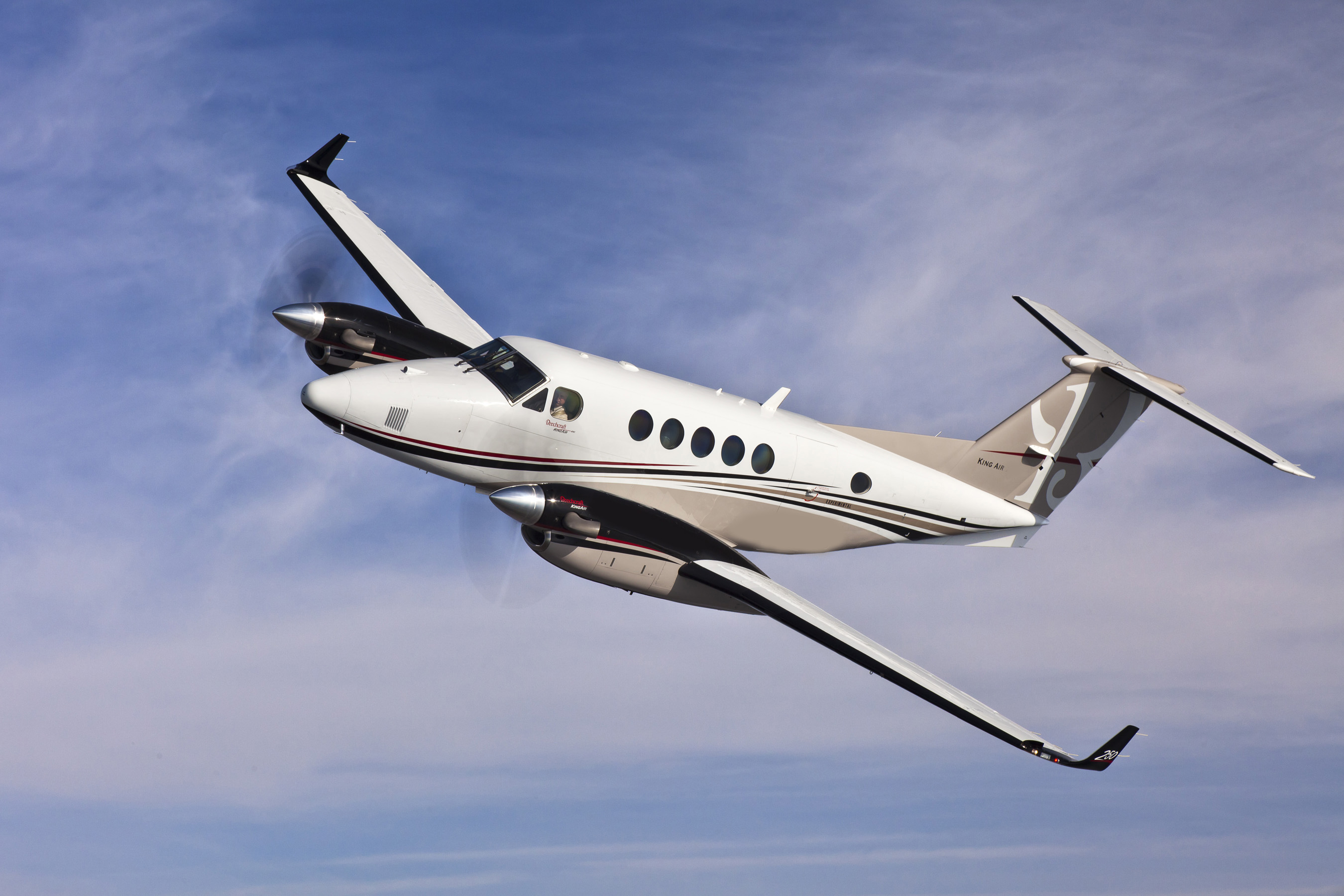
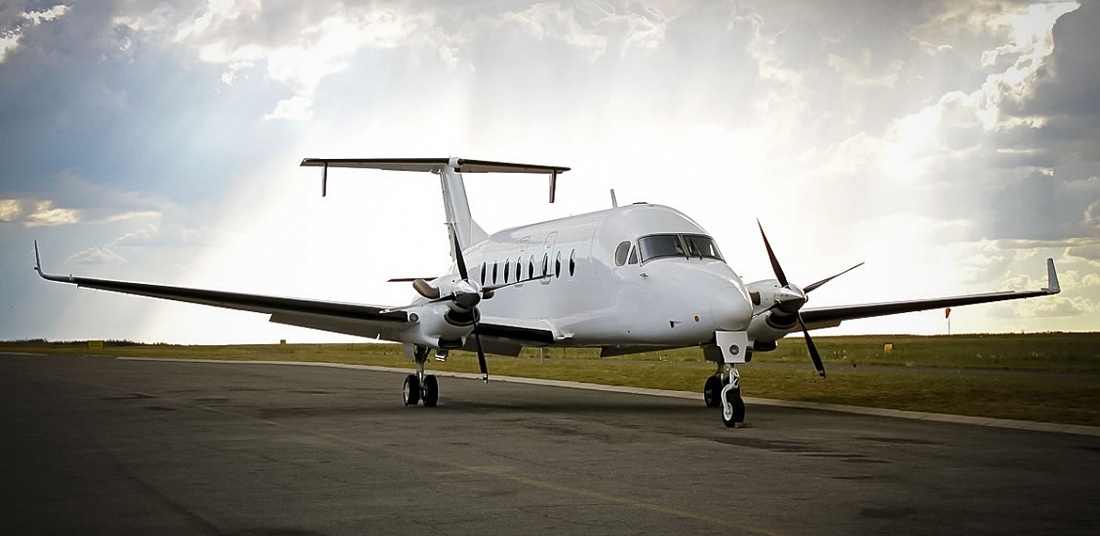
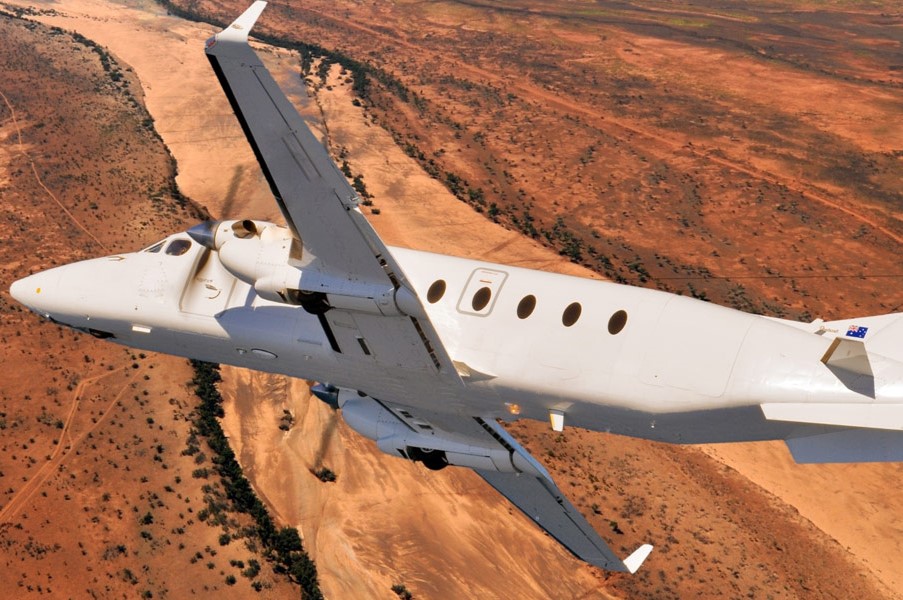
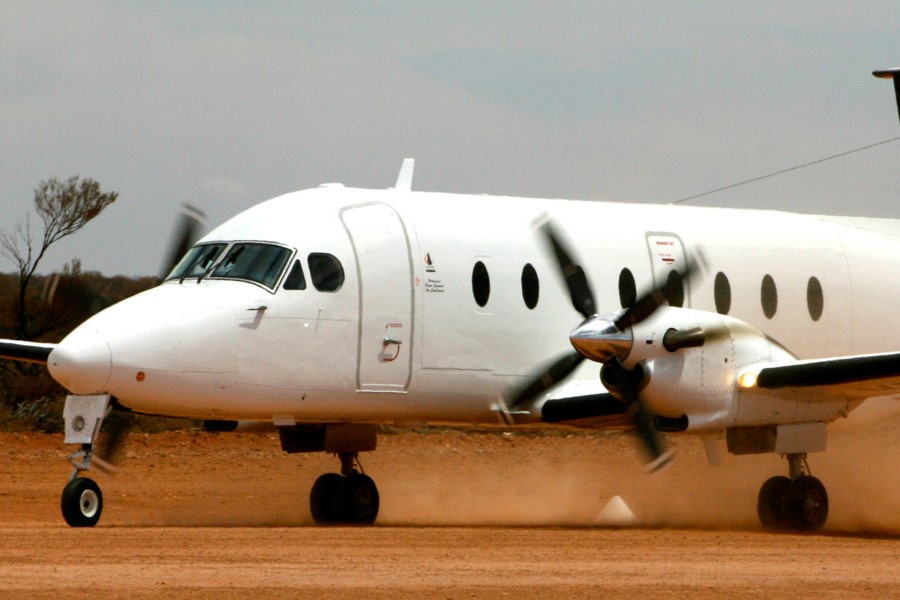
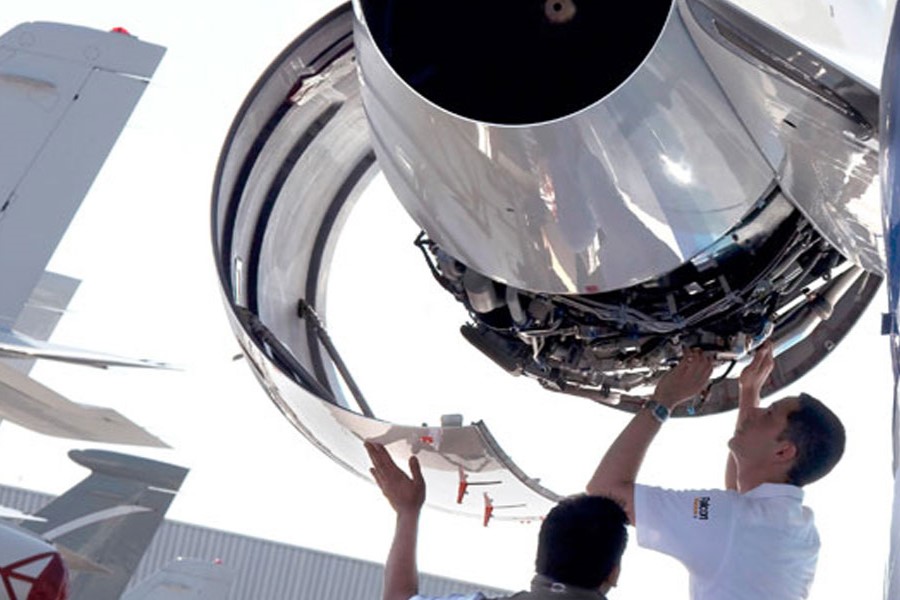
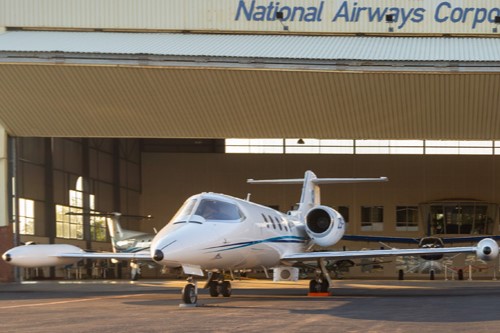

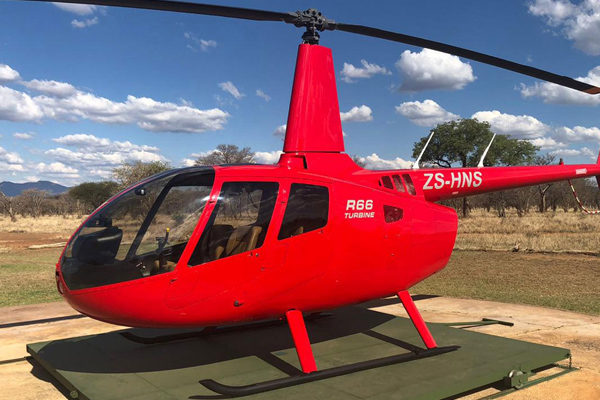

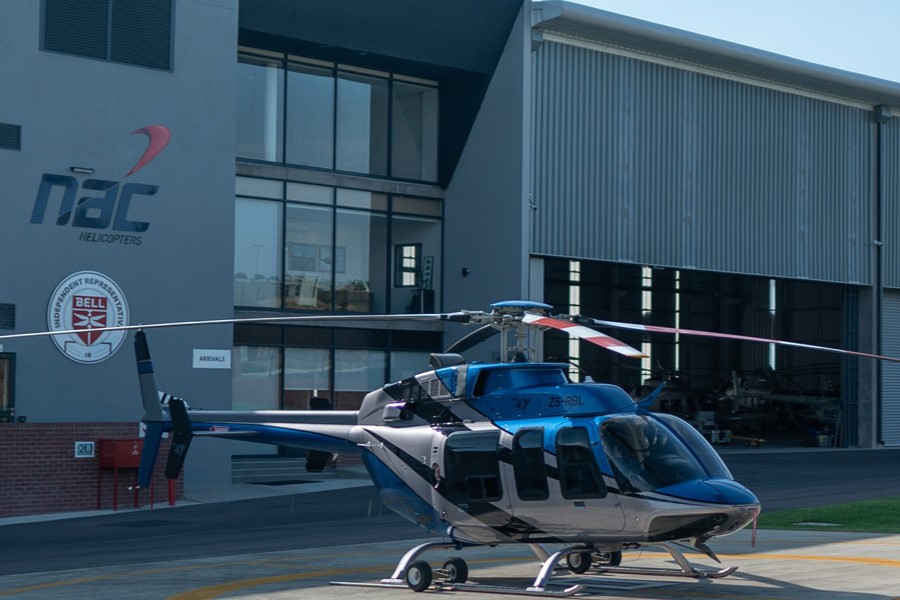
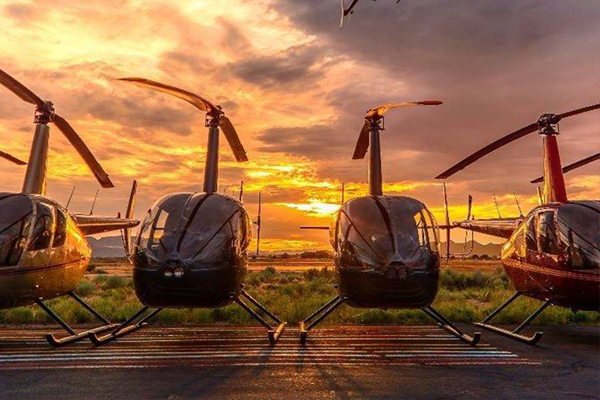
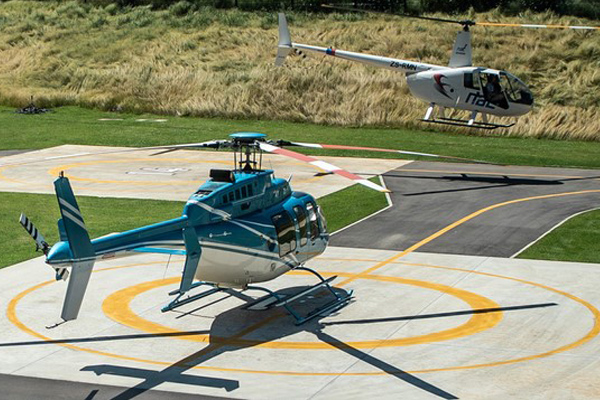
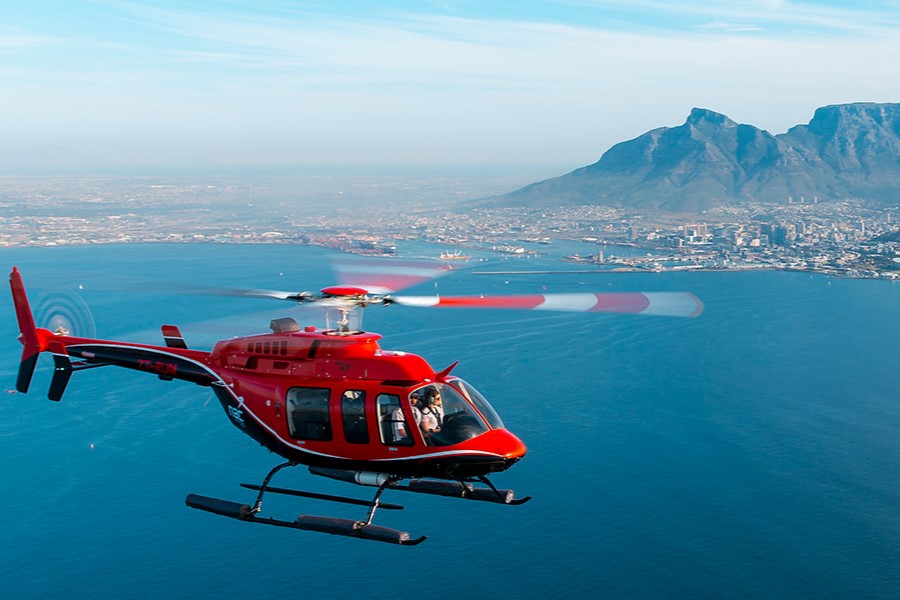
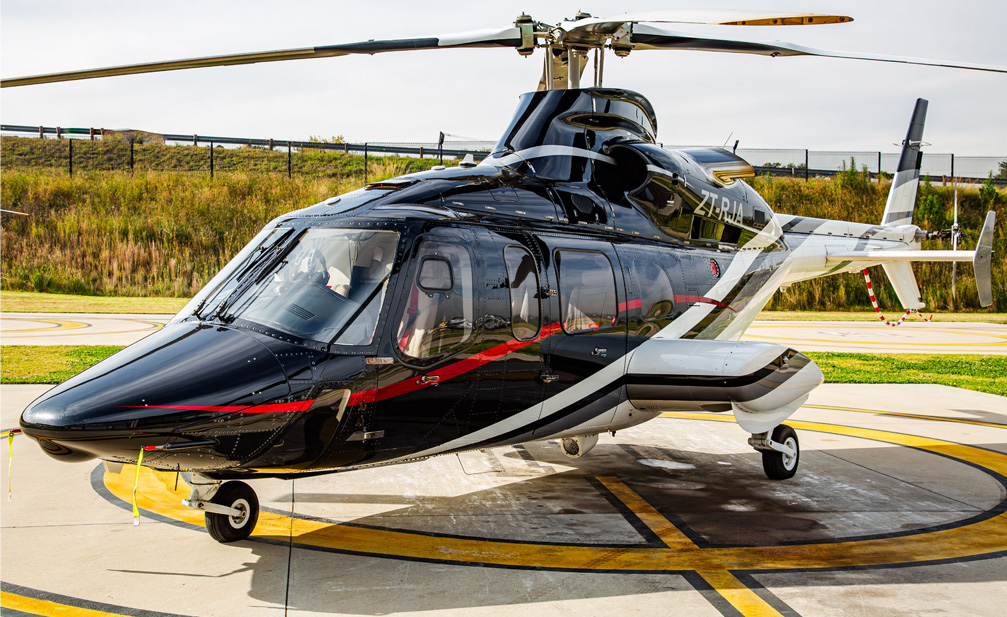
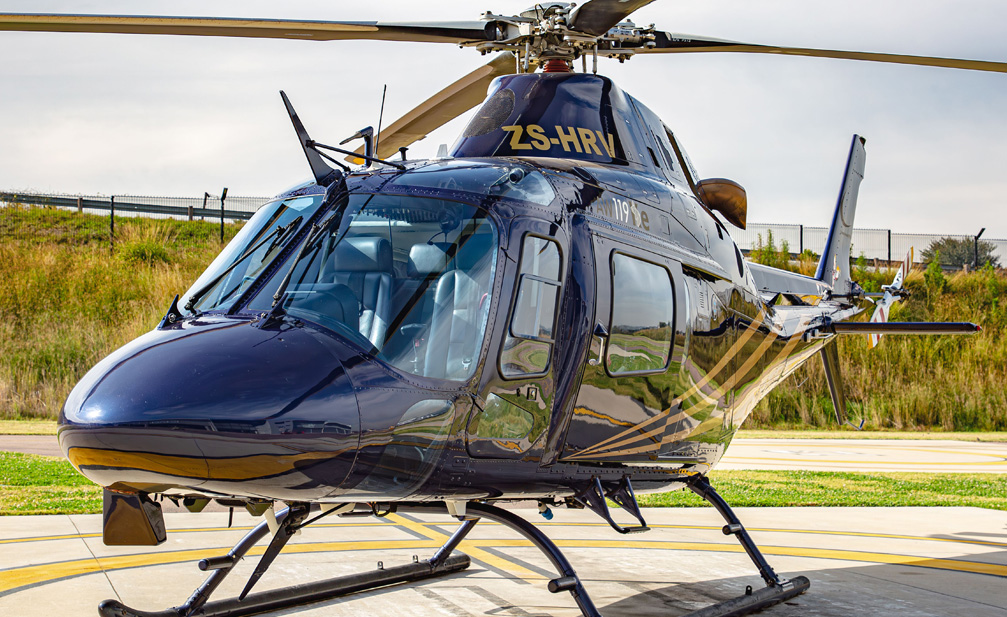
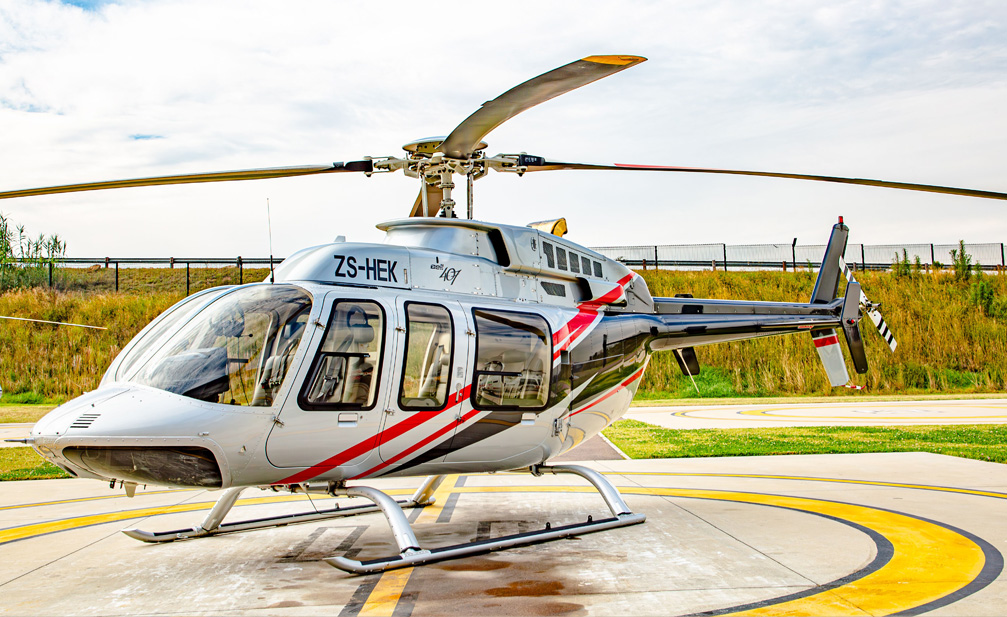
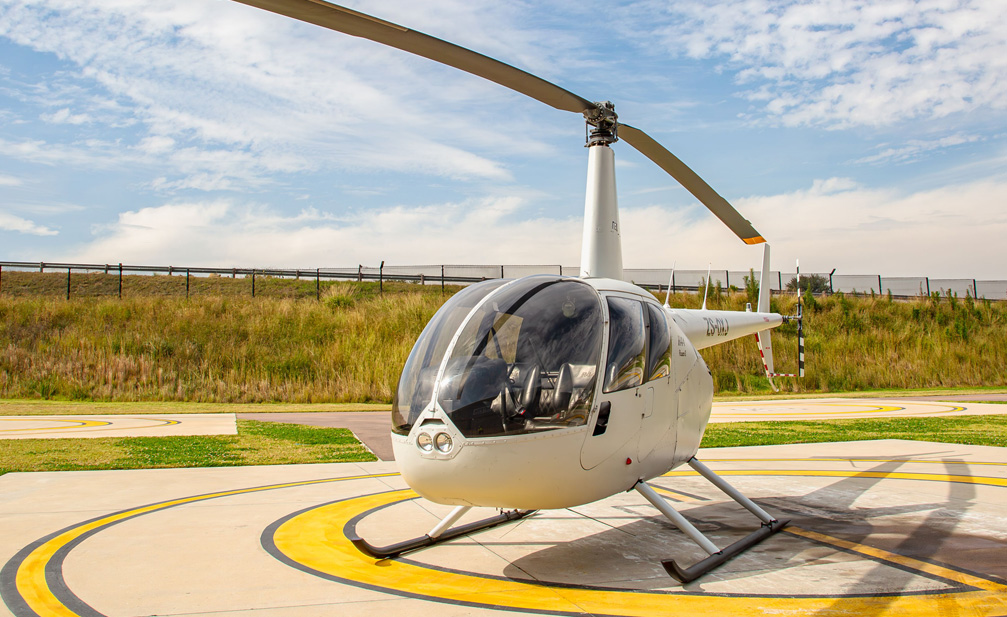
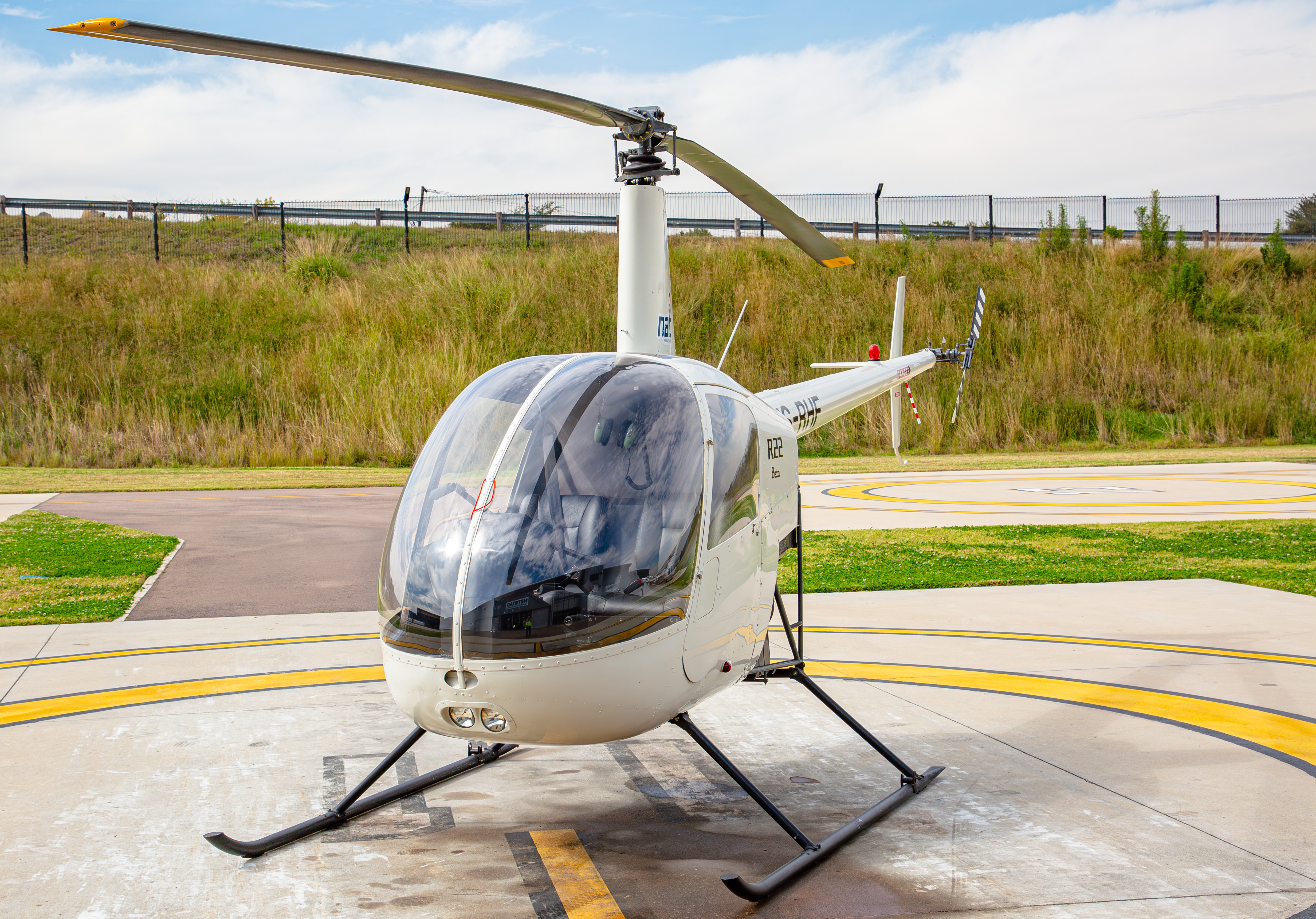
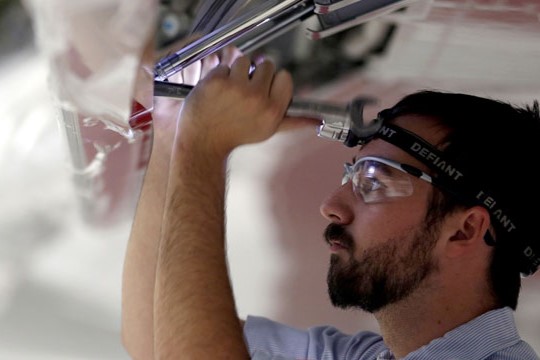
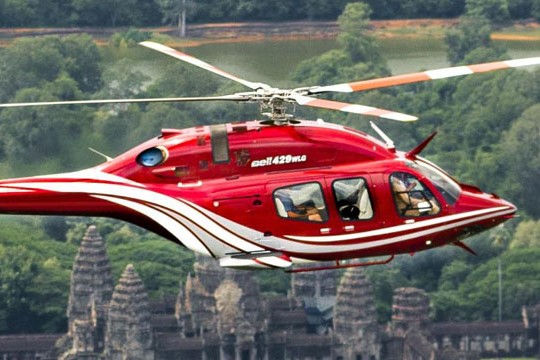
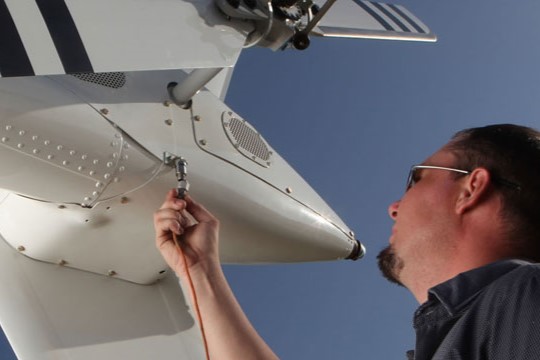
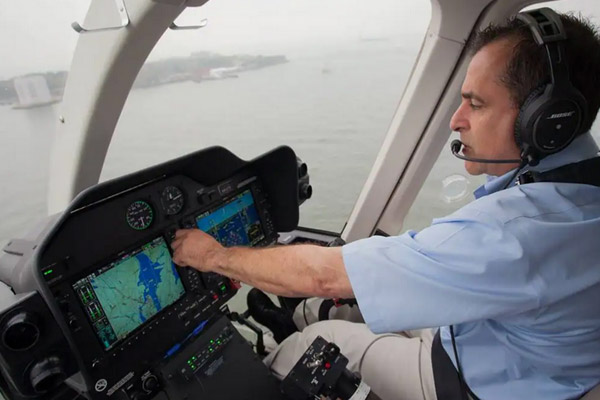
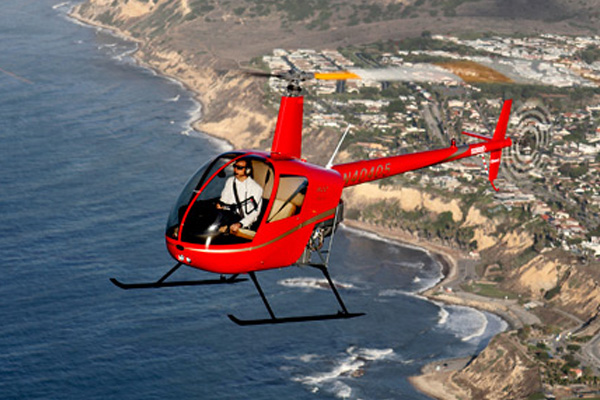
 Female Aircraft Engineers are a Rare Breed
Female Aircraft Engineers are a Rare Breed